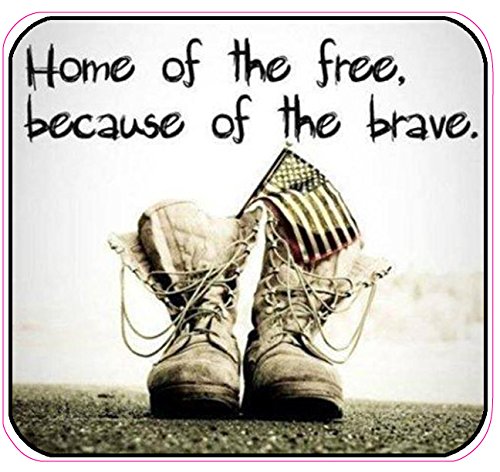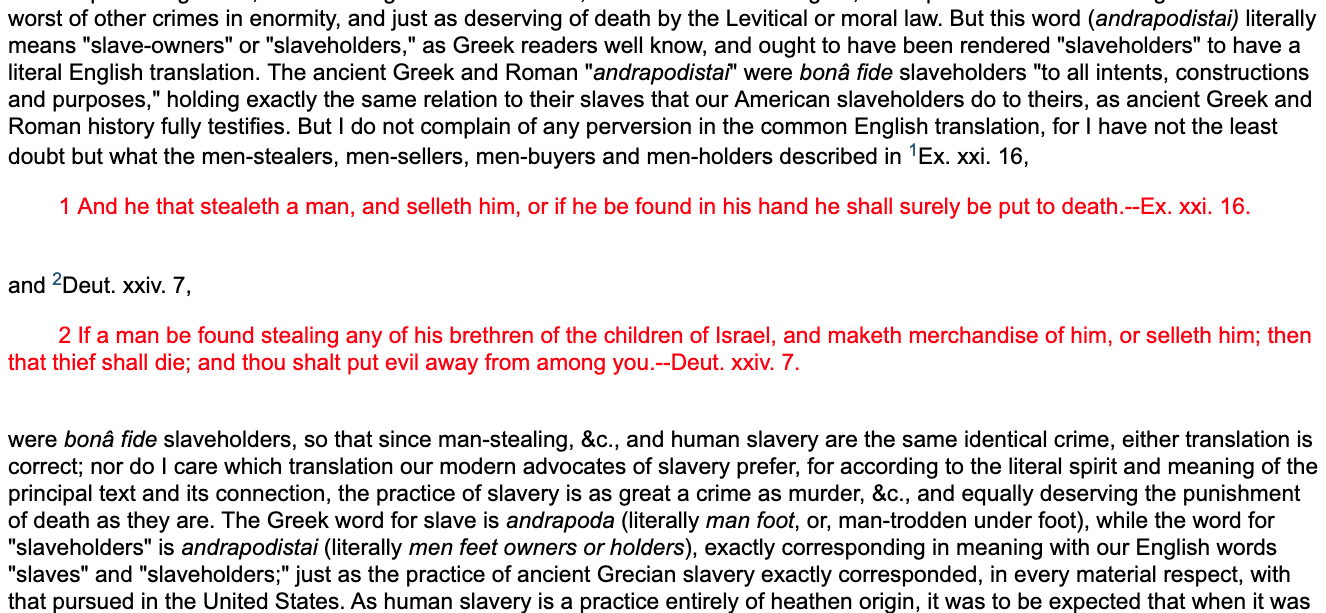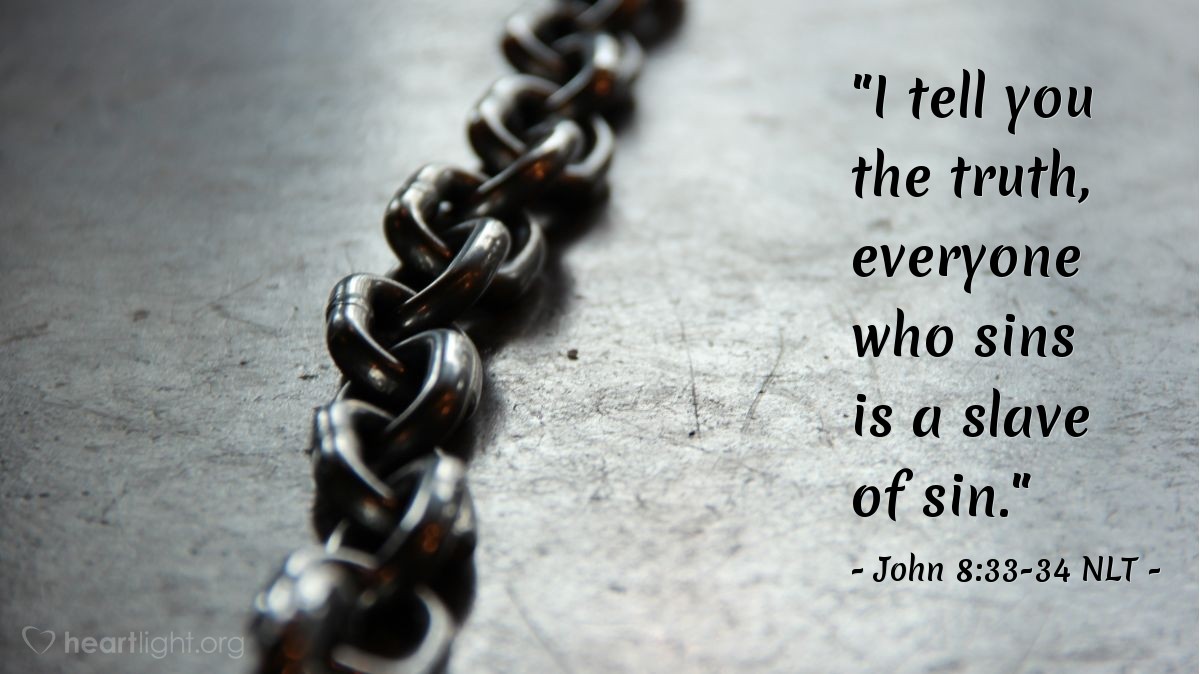This very special
Seeing the Slavery SUNDAY open thread
is VERY OPEN – a place for everybody
to post whatever they feel they would like
to tell the White Hats, and the rest of the KAG!KMAG world.
Say what you want, comment on what other people said,
comment on people’s comments.
Keep it civil. Treehouse rules, but expect lots of QAnon.
See the January 1st daily thread for the rules of the road,
which are few but important.
Remember – your greatest gift to President Trump is FIVE WORDS:
I AM PRAYING FOR YOU

Seeing the Slavery Sunday
6 We know that our old sinful selves were crucified with Christ so that sin might lose its power in our lives. We are no longer slaves to sin.
7 For when we died with Christ we were set free from the power of sin.
8 And since we died with Christ, we know we will also live with him.
9 We are sure of this because Christ was raised from the dead, and he will never die again. Death no longer has any power over him.
10 When he died, he died once to break the power of sin. But now that he lives, he lives for the glory of God.
11 So you also should consider yourselves to be dead to the power of sin and alive to God through Christ Jesus.
12 Do not let sin control the way you live; do not give in to sinful desires.
13 Do not let any part of your body become an instrument of evil to serve sin. Instead, give yourselves completely to God, for you were dead, but now you have new life. So use your whole body as an instrument to do what is right for the glory of God.
14 Sin is no longer your master, for you no longer live under the requirements of the law. Instead, you live under the freedom of God’s grace.
15 Well then, since God’s grace has set us free from the law, does that mean we can go on sinning? Of course not!
16 Don’t you realize that you become the slave of whatever you choose to obey? You can be a slave to sin, which leads to death, or you can choose to obey God, which leads to righteous living.
17 Thank God! Once you were slaves of sin, but now you wholeheartedly obey this teaching we have given you.
18 Now you are free from your slavery to sin, and you have become slaves to righteous living.
19 Because of the weakness of your human nature, I am using the illustration of slavery to help you understand all this. Previously, you let yourselves be slaves to impurity and lawlessness, which led ever deeper into sin. Now you must give yourselves to be slaves to righteous living so that you will become holy.
20 When you were slaves to sin, you were free from the obligation to do right.
21 And what was the result? You are now ashamed of the things you used to do, things that end in eternal doom.
22 But now you are free from the power of sin and have become slaves of God. Now you do those things that lead to holiness and result in eternal life.
23 For the wages of sin is death, but the free gift of God is eternal life through Christ Jesus our Lord.
Romans 6:6-23
Okay, I get it.
Spiritually, we are slaves to whatever we choose to obey.
According to Jesus, “… if the Son sets you free, you shall be free indeed.” And that’s pretty good news. When we cry out to God for mercy, there is an exchange. We are “redeemed” from slavery and adopted as sons. This is the Gospel, good news.
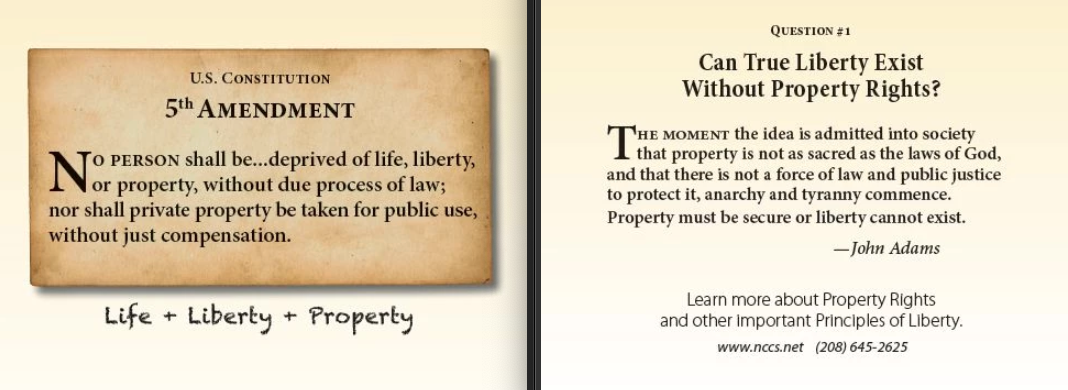
Life, Liberty and Property
The founding fathers were pretty keen on throwing off the yoke of oppression they suffered at the hand of England to become free. And I believe that there was discussion about extending their emancipation to women and slaves.
Perhaps at the time they felt they could not raise the support for their efforts if they went that far. I don’t know. But in any case, full freedom for all people was not codified into American law until much later. And for the indigenous people, they were still being treated as “less than” into the 1940’s (at least as exemplified by their access to public education).
What about modern slavery?
In the last decade the public awareness of atrocities of modern slavery has finally gained traction. Even though I did not research the producers of the above video, I believe the 7 minute view is worthy of your time. Perhaps the economics of slavery can even explain recent political moves by countries such as Russia, China and India.
A CONDENSED
ANTI-SLAVERY BIBLE ARGUMENT.
(excerpt from Chapter I)
IN order the better to understand the subject it is necessary here to introduce a few plain definitions. Slavery has two definitions–the direct and the indirect. The first of these is that it is the total deprivation of human rights; the other that it is the reducing of human beings to the condition of property, the same as other goods, wares, merchandise and chattels.
Either of these definitions will answer for the purpose of argument, though the latter is to be preferred, because it is the most familiar. There are a variety of other ways in which mankind hold control over each other, and sometimes unjustly and oppressively; but if the persons controlled be not held as property, they are not slaves.
A Right is defined to be, the privilege or liberty of being, doing, having or suffering something at our own pleasure and discretion without the interference, interruption or hindrance of others–and to this discretion neither the law of God, nor the common law, nor any other just law, sets any other bounds than that we so exercise our own rights as not to infringe the same rights in other human beings.
A Wrong is defined to be, any voluntary act which disturbs, interrupts, hinders, or destroys the free exercise of the rights of others–every such act being strictly forbidden by the law of God, and every other just law.
Right and Wrong are, therefore, the everlasting moral and political opposites and antagonists of each other. Mr. Weld, in his valuable “Bible Argument,” says, “ENSLAVING MEN IS REDUCING THEM TO ARTICLES OF PROPERTY — making free agents, chattels–converting persons into things–sinking immortality into merchandize.
A slave is one held in this condition. In law, he owns nothing and can acquire nothing.” His right to himself is abrogated. If he says my hands, my body, my mind, MYself, they are figures of speech. To use himself for his own good is a crime. To keep what he earns is stealing. To take his body into his own keeping is insurrection.
In a word, the profit of his master is made the END of his being, and he a mere means to that end–a mere means to an end into which his interests do not enter– of which they constitute no portion. MAN sunk to a thing! The intrinsic element, the principle of slavery.
MEN, bartered, leased, mortgaged, bequeathed, invoiced, shipped in cargoes, stored as goods, taken on executions, and knocked off at public outcry! Their rights, another’s conveniences; their interests, wares on sale; their happiness, a household utensil; their personal inalienable ownership, a serviceable article or a plaything, as best suits the humor of the hour; their deathless nature, conscience, social affections, sympathies, hopes–marketable commodities!
We repeat it, “THE REDUCTION OF PERSONS TO THINGS!” Not robbing a man of privileges, but of himself; not loading him with burdens, but making him a beast of burden; not restraining liberty, but subverting it; not curtailing rights, but abolishing them; not inflicting personal cruelty, but annihilating personality; not exacting involuntary labor, but sinking man into an implement of labor; not abridging human comforts, but abrogating human nature; not depriving an animal of immunities, but despoiling a rational being of attributes, uncreating A MAN to make room for a thing!
That this is American slavery is shown by the laws of the slave states. Judge Stroud, in his “Sketch of the Laws relating to Slavery,” says, “The cardinal principle of slavery, that the slave is not to be ranked among sentient beings but among things, obtains as undoubted law in all of these (the slave) states.”
The law of South Carolina says, “Slaves shall be deemed, held, taken, reputed and adjudged in law to be chattels personal in the hands of their owners and possessors, and their executors, administrators, and assigns, TO ALL INTENTS, CONSTRUCTIONS, AND PURPOSES WHATSOEVER.”
In Louisiana, “A slave is one who is in the power of a master, to whom he belongs; the master may sell him, dispose of his person, his industry and his labor; he can do nothing, possess nothing, nor acquire anything but what belongs to his master. Civ. Code, Art. 35.”
Tried by these definitions, human slavery is one of the greatest wrongs existing in the world.
A Citizen of Virginia.
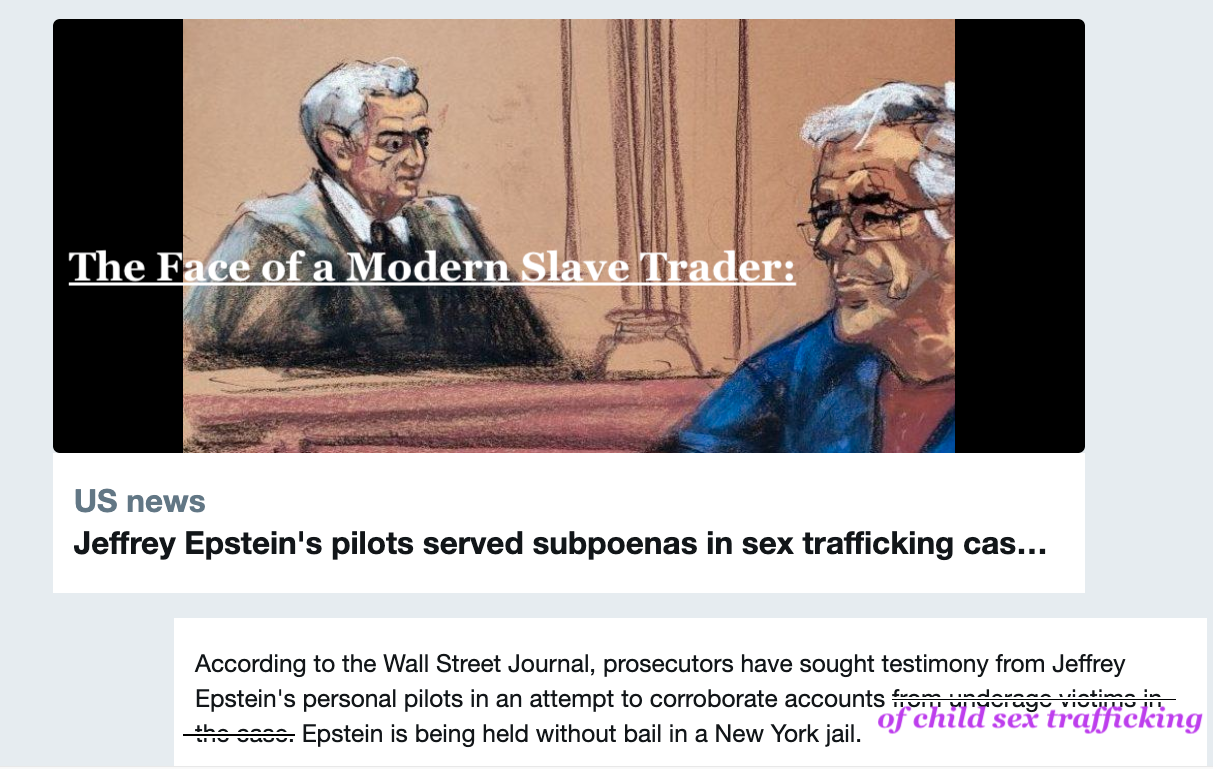
Abolitionists fought slavery in America through changing minds
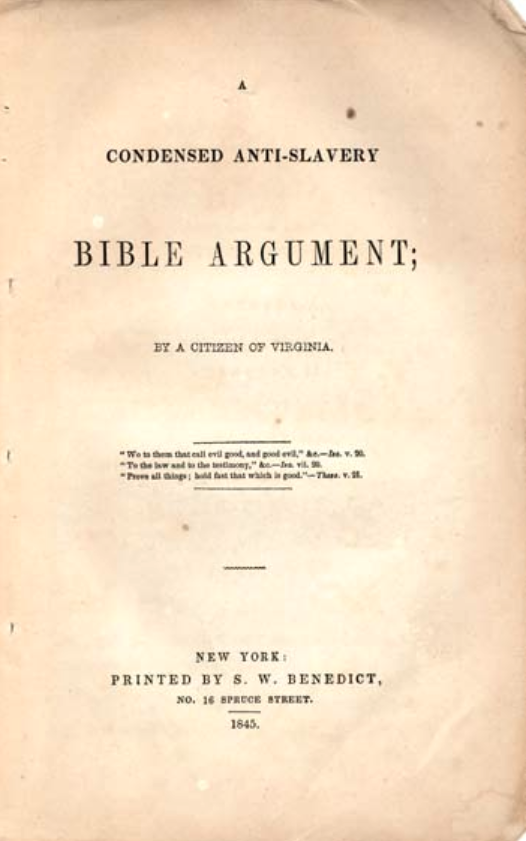
In 1845, they used pamphlets, like this one written by “A Citizen of Virginia.”
Now the internet is the medium, but the goal is the same, to educate and motivate change.
Interestingly enough, authors in 1845 found it necessary to remain anonymous when advocating for change that would threaten the established power. And today we have the same dynamic as well-illustrated by the Q movement.
When I found this “condensed anti-slavery Bible argument” (of only 84 pages!) the reasoning was so fresh, I believe it bears repeating.
Note that the anonymous author starts with definitions (see above text in red), then launches into the main of his treatise. If you don’t have time to review the text, here is the sum-up: the treatment of PERSONS as THINGS is an affront and a crime.
I could not agree more.
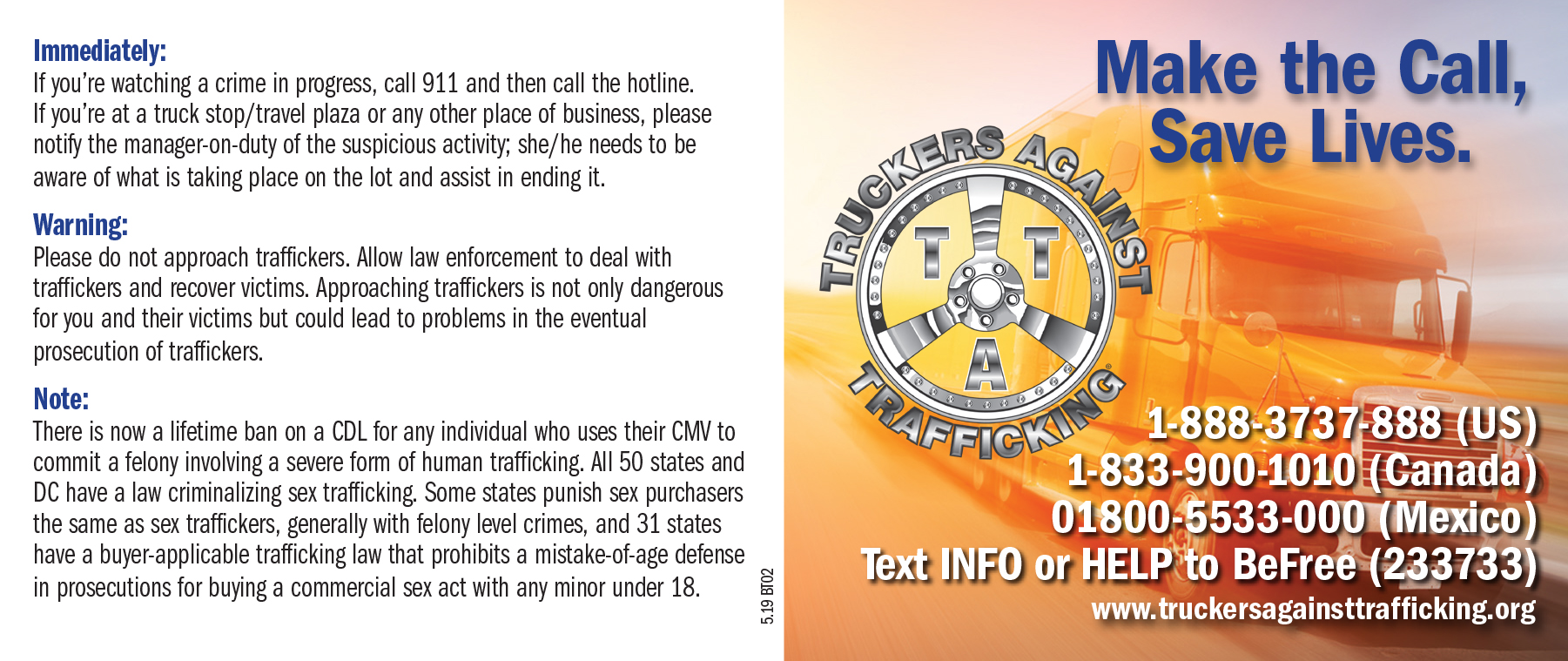
Let’s think about the applications to our own world… Do you know the types of businesses that are most likely to be using people as property in your town?
Would you know how to recognize it if it was in front of you? Would you know what you can do about it? Would it take a lot of courage to do it?
I look forward to your comments!
Think *3
https://youtu.be/zTm5n4Gyi7s
